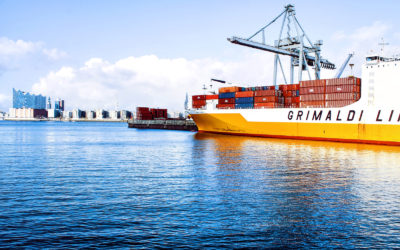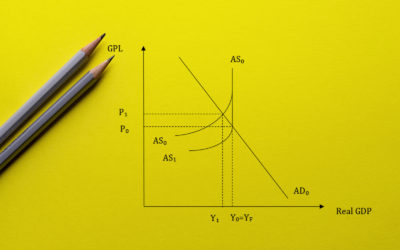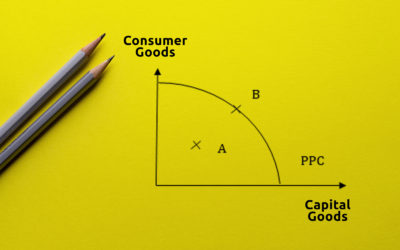Government Regulation
How can governments regulate price and output?
Governments play an integral role in the free market economy. It’s purpose lies in the regulation of price and output through implementing laws and regulations in order to prevent market failure, protect the environment and ensure that an economy is sustainable. Examiners like to test students on how well they understand the roles and responsibilities a government has in the economy as well as on their ability to suggest and improve upon current regulations to better handle economic ills.
Economics Tuition: Explain the scenarios under which the following methods of protectionism is more effective
A quota refers to the direct control of import demand, which will lower supply of imports, thus reducing quantity demand for imports. The restriction of the quantity of imported goods will create an artificial shortage that leads to the increase in price of the...
read moreEconomics Tuition: Explain the theory of Comparative Advantage
Purpose of comparative advantage The concept of comparative advantage explains how countries which are efficient in production can specialise and trade with countries which are inefficient so as to maximise total production and consumption, based on the concept of...
read moreEconomics Tuition: Explain the factors that limit free trade
The factors that limit free trade can be seen in terms of the artificial barriers to trade, and natural barriers to entry. The artificial barriers to trade refers to protectionism, in which countries implement policies that prevent the import of foreign goods into the...
read moreEconomics Tuition: How to Explain Cost-Push Inflation?
Cost-push inflation occurs when there is a rise in cost of production which will lead a fall in the aggregate supply that will lead to an excess demand condition, contributing to increase in price level. When the cycle becomes cyclical, it will develop as wage-price...
read moreEconomics Tuition: Explain the impact of a rise in oil price on inflation and unemployment
When there is a rise in oil prices, the cost of production is increased which will lower aggregate supply, resulting in an excess demand condition, thus raising general price level. Hence, cost-push inflation arises. An oil price hike leads to inflationary pressures....
read moreEconomics Tuition: Explain the problems of comparing living standards of Singapore over time
In Singapore, the enforcement of a good crime enforcement system has significantly reduced the level of crime rates and illegal activities in Singapore. However, in the past, where the presence of illegal activities/pirated transactions was rampant, it may...
read moreEconomics Tuition: Using the Production Possibility Curve, explain how an increase in government spending contributes to economic growth
Economic growth refers to the growth of production, seen in terms of actual and potential production capacity. Actual economic growth, also known as short term growth, is commonly measured in terms of a percentage change in the real Gross Domestic Product (GDP). The...
read moreWhat is standard of living?
Standard of living refers to the average quality of life of a population that includes the material and non-material aspects of life. The material aspect or quantitative value of SOL is determined by the quantity of goods and services enjoyed by the individual through...
read moreEconomics Tuition: To what extent is the policy of gradual appreciation of the Singapore Dollar always a desirable approach to maintain economic stability in Singapore?
To what extent is the policy of gradual appreciation of the Singapore Dollar always a desirable approach to maintain economic stability in Singapore? Introduction When an economy seeks to achieve economic stability, the government strives to achieve low inflation rate...
read moreEconomics Tuition: Discuss the extent to which the austerity measures in the EU will have an adverse impact on the Singapore economy
Amidst the slow growth in the EU, the persistently high budget deficit and ballooning public debt have become major concerns for many governments in the EU. As a result, they have implemented 'austerity measures' to reduce their budget deficit by raising taxes and...
read more








